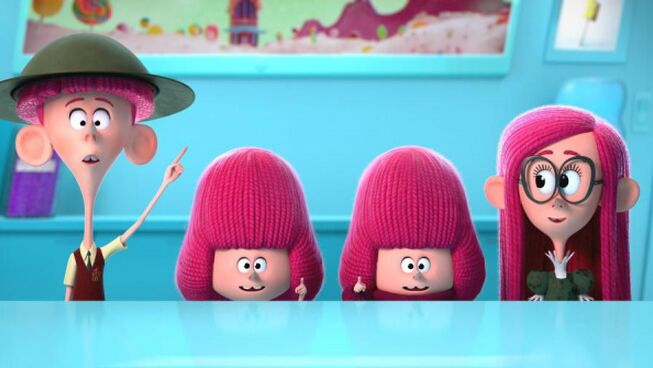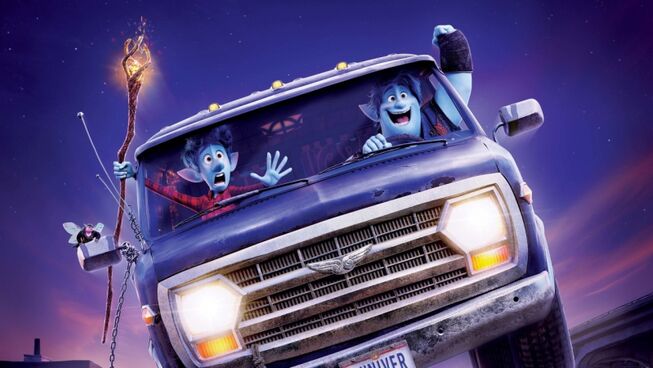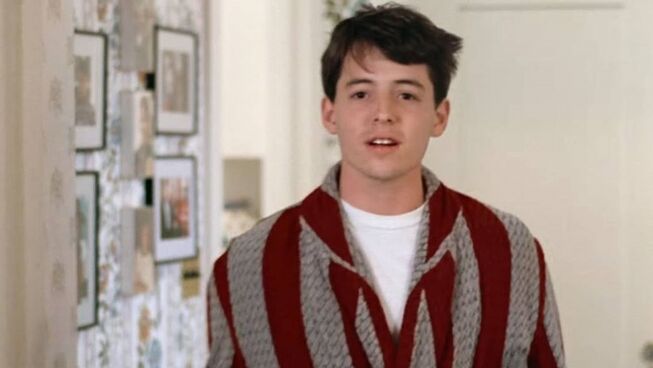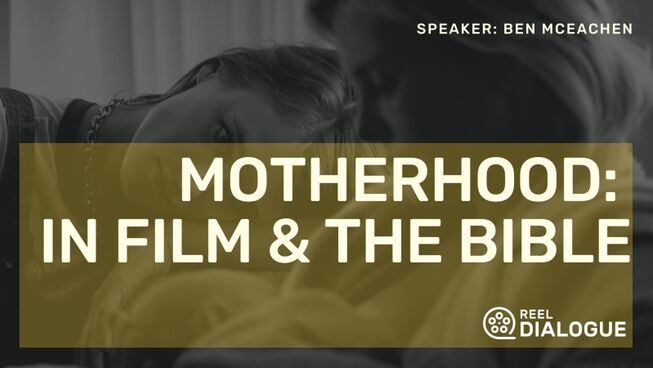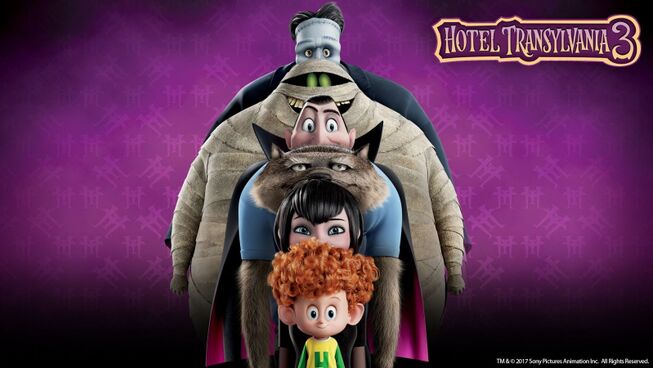
2.5 out of 5 stars
The Drac Pack is back for one more adventure in the monster mash with humanity, where the message is one of acceptance and being ‘greater than the haters.’ A formula from writer and director Genndy Tartakovsky that has managed to enchant audiences and win them over to the likes of monsterkind. With the family and friends of the legendary vampire on board with connecting with humans, the story turns to the loneliness of the patriarch and determining if he can find love and that special ‘zing’ again.
The lovelorn isolation that Drac (Adam Sandler) is experiencing leads to a misunderstanding by his daughter and business partner, Mavis (Selena Gomez) who assumes his emotional state is due to exhaustion from work. His caring daughter decides to surprise her father with a family cruise that includes all of his friends. At first, the gift is considered a bad idea by Dracula until he meets the ship’s mysterious captain Ericka (Kathryn Hahn) who the Transylvanian hotel owner becomes smitten with instantly. As his perspective on the water-based journey changes, the rest of his family and friends get on with enjoying all of the wonders of the luxurious journey that only a monster could love.
Between the monster volleyball games and the moon-tanning on their own private island, something does not sit well with Mavis. Her father has been trying to hide his budding romance with the charismatic captain, which is eventually discovered by his daughter who also finds out other more sinister elements of the onboard plans of Ericka. The biggest secret being that she is the great-granddaughter of the famed master hunter and slayer, Abraham Van Helsing (Jim Gaffigan), which is looking to capture his most sought-after prey, Dracula.
Even with a change in locations and scenery, this chapter of Hotel Transylvania relies on the mysterious formula that keeps families coming back to this dark children’s tale. All of the characters are back to add to the madness of the seafaring adventure, but Sandler and Tartakovsky manage to squeeze every last drop of life out of this beastly tale.
The first two chapters focused more on the ensemble cast to carry things along, but this time Sandler takes centre stage. The entourage complements the storyline, but the love story and revenge undercurrent all swirl around the vampire, which seems appropriate for the final phase of this trilogy. With the softening of the vampire’s reputation in the eyes of parents and children, the script manages to capitalise on the three classic family film elements of love, family and overcoming hate. The central character must wrestle with finding new love and how to ensure he does not allow this ‘zing’ to impede his relationships with his family and friends. Even when Drac inevitably discovers the devious plans of his new found romance, he must rise above the anger of others to set an example for all involved. Which all leads to familiar territory for the majority of children’s films, but this franchise unapologetically seems comfortable to deliver this to their fans in an entertaining manner.
Even though the premise of the monster holiday is based on a surprise vacation, there is nothing in the movie that will shock followers of this series, but why try to fix something that is not broken. The familiarity of the Hotel Transylvania 3: A Monster Vacation still manages to hold enough water to carry this series through to completion. A monstrous tale that will not scare children, but will provide parents with another option during the holiday season.
What should parents know about Hotel Transylvania 3: A Monster Vacation?
This franchise is a surprise. The involvement of Adam Sandler will give many parents pause to consider taking along their child to this film due to his reputation for films based on crude, toilet humour. But he proves that things can go right in Hollywood every once and awhile. The family-freindly message is a positive option during the school holidays. Overall that message focusses on the value of family and community.
It should be said that the movie does contain the humanistic message of ‘we just need to get along.’ A familiar theme that falls short of what we can know from the Bible of looking to God for the answers to the divisions in society, but does provide opportunities for parents to start the conversation with their children. For all who go to see this film, try out some of the questions below with the kids and see where the discussion goes.
Reel Dialogue: What are the bigger questions we could ask our kids?
- Why is family important? (John 15:12-17, Psalm 127:3-5)
- How should we respond to those who mistreat us? (Proverbs 25:21, Luke 6: 27-36, Romans 12:20)
- Why do people still go to Adam Sandler and Kevin James films? (Proverbs 26:11)

